Thermostat failure
marknmt
16 years ago
Related Stories
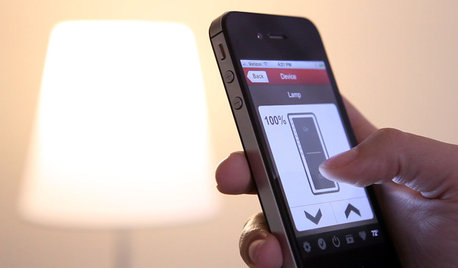
HOME TECHSwitch On the Phone-Controlled Home
Lock your front door from afar, let your thermostat set itself and more when you use your phone as a control device
Full Story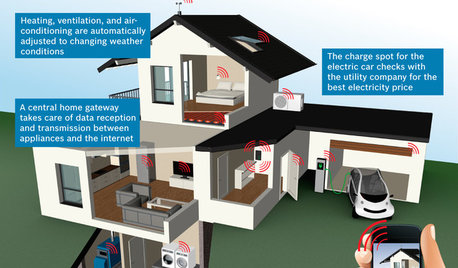
THE HARDWORKING HOMECES 2015: Inching Toward a Smarter Home
Companies are betting big on connected devices in 2015. Here’s a look at what’s to come
Full Story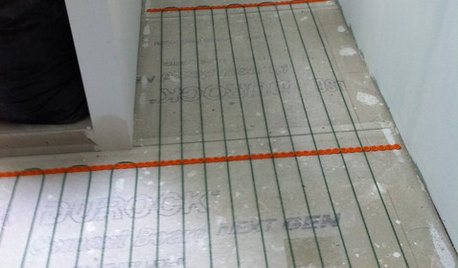
BATHROOM DESIGNWarm Up Your Bathroom With Heated Floors
If your bathroom floor is leaving you cold, try warming up to an electric heating system
Full Story
FLOORSIs Radiant Heating or Cooling Right for You?
Questions to ask before you go for one of these temperature systems in your floors or walls (yes, walls)
Full Story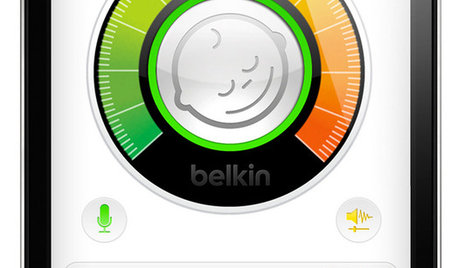
HOME TECHThe Future of Home Automation: Cheap, Wearable and Mobile!
Look for smart watches and glasses that can control your smart-phone apps, which in turn automate your home equipment
Full Story
GREAT HOME PROJECTSHow to Add a Radiant Heat System
Enjoy comfy, consistent temperatures and maybe even energy savings with hydronic heating and cooling
Full Story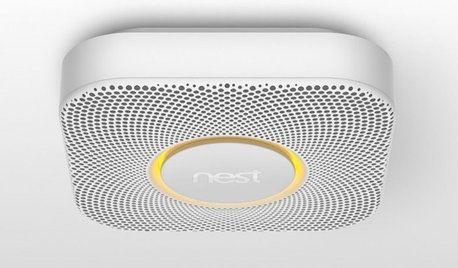
HOME TECHBetter, Smarter Smoke Detectors Push All the Right Buttons
No more bashing in that smoke detector with a broomstick at 3 a.m. — if you haven't already yanked it out. Welcome the new, civilized breed
Full Story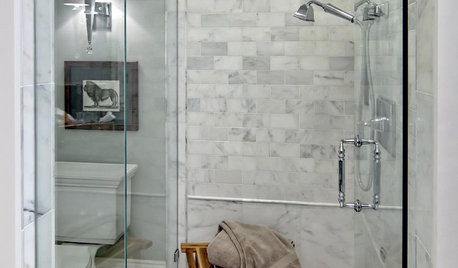
BATHROOM DESIGNHow to Settle on a Shower Bench
We help a Houzz user ask all the right questions for designing a stylish, practical and safe shower bench
Full Story
FLOORSFloors Warm Up to Radiant Heat
Toasty toes and money saved are just two benefits of radiant heat under your concrete, wood or tile floors
Full Story
GREEN BUILDINGThe Big Freeze: Inventors Break New Ground to Keep Things Cool
Old-fashioned fridges can be energy guzzlers, but there are more eco-friendly ways of keeping food fresh, as these global innovations show
Full StoryMore Discussions






bob_brown
marknmtOriginal Author
Related Professionals
Norwich Solar Energy Systems · Whitney Solar Energy Systems · Verona Solar Energy Systems · Campbell Home Automation & Home Media · Lees Summit Home Automation & Home Media · Lenexa Home Automation & Home Media · Massapequa Home Automation & Home Media · Orange County Home Automation & Home Media · Pittsburgh Home Automation & Home Media · South Euclid Home Automation & Home Media · East Cleveland Home Automation & Home Media · Orlando Electricians · Crystal Lake Fireplaces · East Orange Fireplaces · Freehold Fireplacesgaryg
marknmtOriginal Author
daft_punk
marknmtOriginal Author
baymee